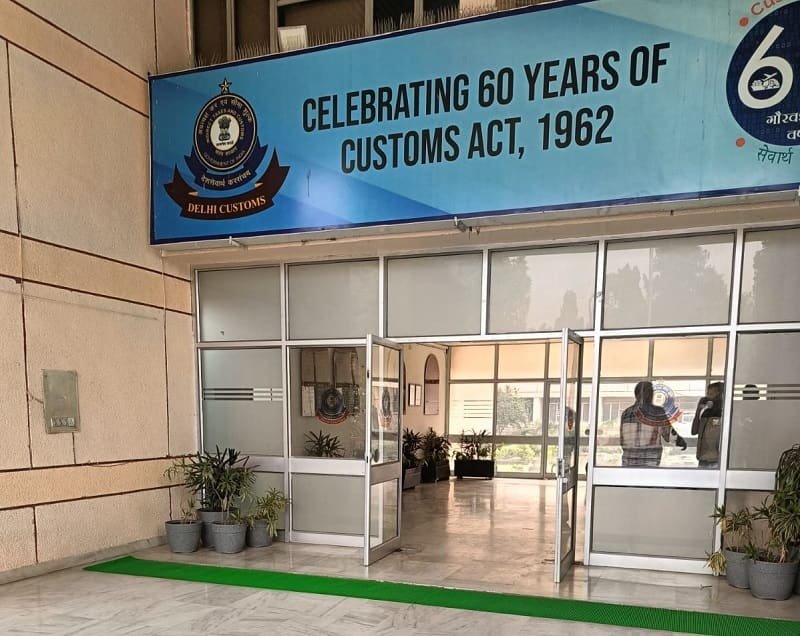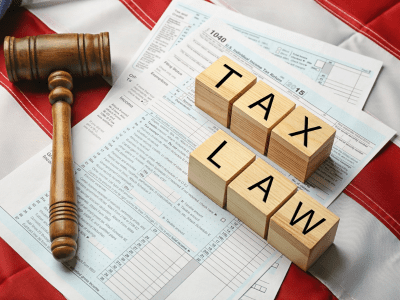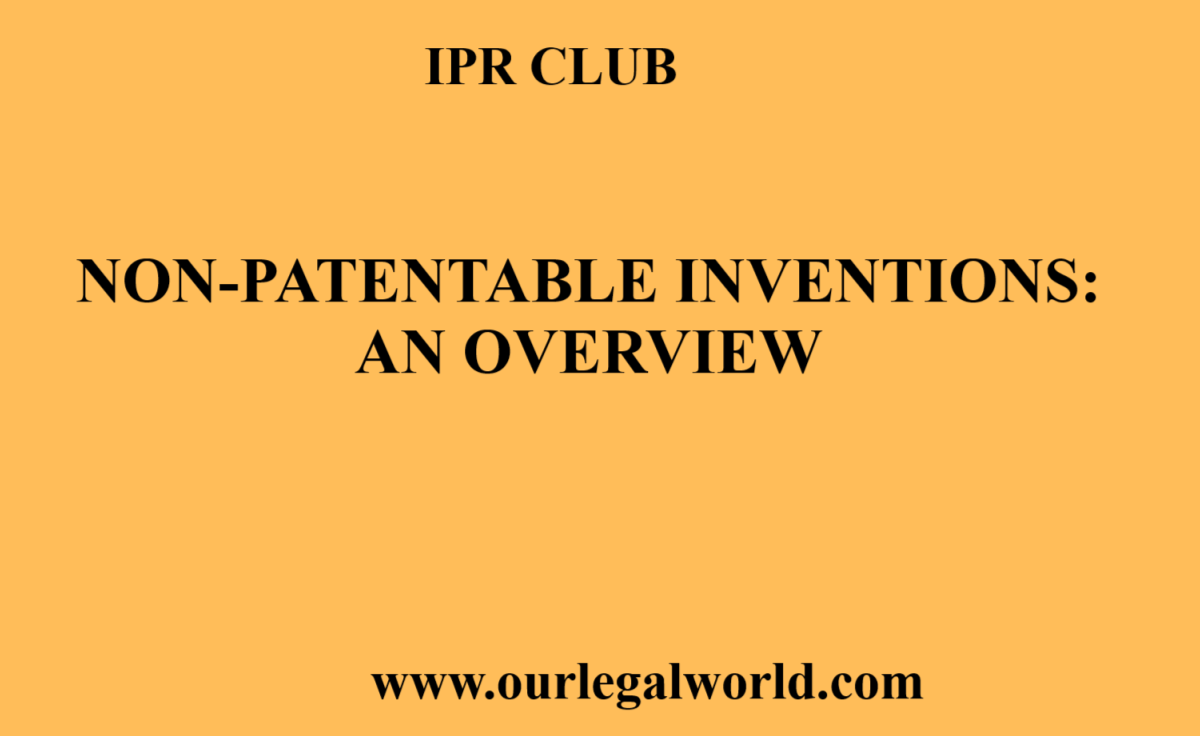IMPORTANT JUDGMENT OF SUPREME COURT, 31 JANUARY 2019
1. UNION OF INDIA V. M/S. MAKE MY TRIP (INDIA) PVT. LTD.
FINANCE ACT 1984: section 73A(3) (4),
The Apex Court has upheld the decision of Delhi High Court which held that following the procedure under Section 73A(3) and (4) of the Finance Act 1994 is compulsory before arresting a person under Section 91
A bench of Justices A K Sikri and Abdul Nazeer, dismissed the appeal observing : “The High Court has decided, after detailed discussion, that it is mandatory to follow the procedure contained in Section 73A(3) and (4) of the said Act before going ahead with the arrest of a person under Sections 90 and 91. We are in agreement with the aforesaid conclusion and see no reason to deviate from it”.
Custodial death and Violence in Indian with Case laws
2. M/S TWENTY FIRST CENTURY MEDIA PRIVATE LTD. V. NEW INDIA ASSURANCE COMPANY LTD.
The state-owned insurance company cannot act arbitrarily, apex quashed the action of New India Assurance Company Ltd in unilaterally deleting policy terms to reduce coverage.
Insurance Company Cannot Unilaterally Delete Policy Terms To Reduce Coverage.
The bench of Justices R F Nariman and Vineet Saran of Supreme Court observed :
There is no dispute whatsoever that the action in the present case by the respondent was wholly arbitrary and violated the appellant’s fundamental right under Article 14. No disputed question of fact is raised, and it is settled by several decisions of this Court that even within the contractual sphere, the State, as defined under Article 12 of the Constitution, cannot be arbitrary.
APPLICATION ON BEHALF OF APPLICANT FOR WAIVER OF COST, FORMAT
3. UNION OF INDIA THROUGH ITS SECRETARY OF MINISTRY OF DEFENSE DHQPO, NEW DELHI & ORS.
General principle of service law applicable to the civil services, does not apply in the situation of the Air Force.
The bench observed that general principle of service law applicable to the civil services, does not apply in the situation of the Air Force. It said:
“In matters relating to civilian employment, particularly in the civil services, voluntary severance of service may either be in the form of a unilateral or bilateral act. Where severance follows on the basis of a unilateral act by an employee, no acceptance of the request for severance is required. On the other hand, where the severance contemplated is bilateral in nature, the request of an employee for severance becomes effective only upon its acceptance by the employer. In the context of service jurisprudence, the principle of law which has been enunciated in the decisions of this Court is that where an employee tenders a resignation from service with effect from a future date, it is open to the employee to withdraw from the resignation until it takes effect on the future date so stipulated.”






![Jamia Hamdard Mediation Competition 2025 at School of Law, HILSR [21st February 2025]](https://ourlegalworld.com/wp-content/uploads/2024/12/Screenshot-11-min-1.png)


